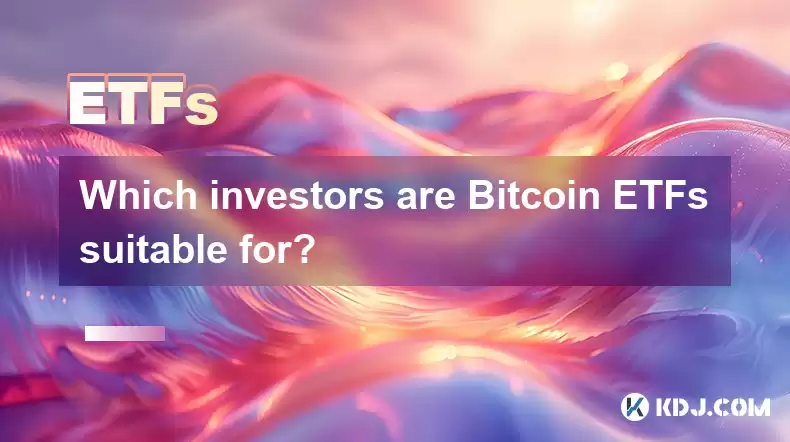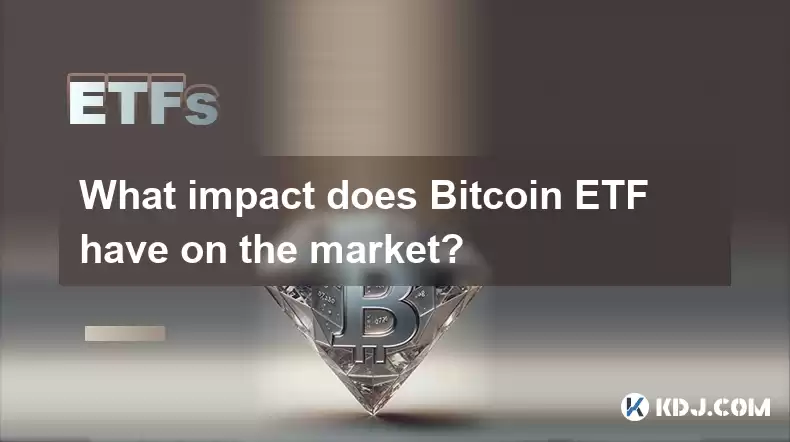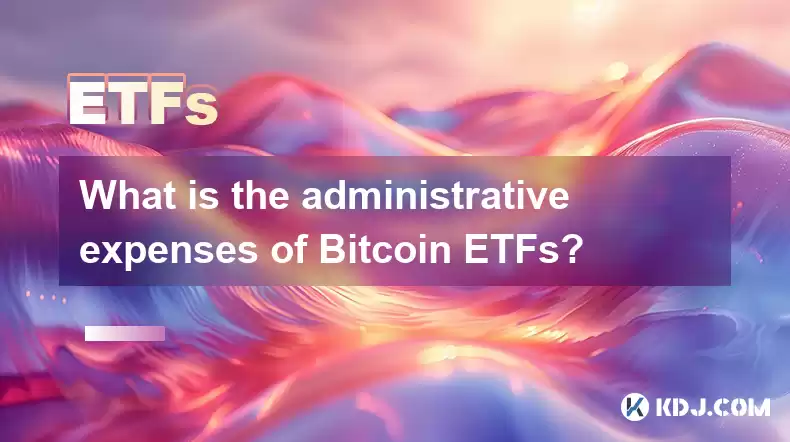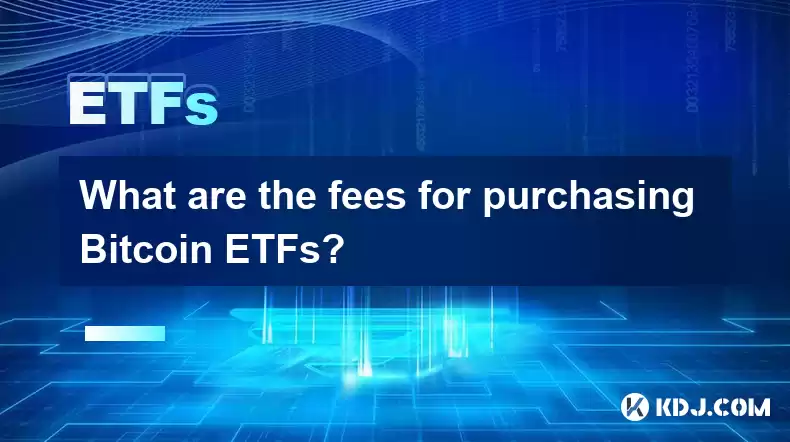-
 Bitcoin
Bitcoin $112400
-1.07% -
 Ethereum
Ethereum $3409
-3.27% -
 XRP
XRP $2.784
-6.60% -
 Tether USDt
Tether USDt $0.9997
-0.03% -
 BNB
BNB $739.3
-2.09% -
 Solana
Solana $158.0
-2.90% -
 USDC
USDC $0.9998
-0.02% -
 TRON
TRON $0.3213
-0.94% -
 Dogecoin
Dogecoin $0.1929
-5.01% -
 Cardano
Cardano $0.6974
-2.82% -
 Hyperliquid
Hyperliquid $36.69
-2.31% -
 Sui
Sui $3.327
-4.80% -
 Stellar
Stellar $0.3672
-5.18% -
 Chainlink
Chainlink $15.65
-3.07% -
 Bitcoin Cash
Bitcoin Cash $525.0
-1.68% -
 Hedera
Hedera $0.2291
-6.00% -
 Avalanche
Avalanche $20.91
-2.96% -
 Ethena USDe
Ethena USDe $1.000
0.00% -
 Toncoin
Toncoin $3.520
-1.12% -
 UNUS SED LEO
UNUS SED LEO $8.968
0.14% -
 Litecoin
Litecoin $105.7
0.26% -
 Shiba Inu
Shiba Inu $0.00001181
-1.79% -
 Polkadot
Polkadot $3.492
-2.08% -
 Uniswap
Uniswap $8.800
-3.10% -
 Dai
Dai $0.9999
-0.01% -
 Monero
Monero $289.9
-3.17% -
 Bitget Token
Bitget Token $4.243
-1.27% -
 Pepe
Pepe $0.00001006
-3.67% -
 Cronos
Cronos $0.1248
-5.68% -
 Aave
Aave $249.7
-2.50%
Which investors are Bitcoin ETFs suitable for?
Bitcoin exchange-traded funds (ETFs) offer simplified investing in Bitcoin, providing benefits such as convenience, transparency, and diversification potential for a range of investor profiles.
Feb 27, 2025 at 04:01 pm

Key Points:
- Understanding Bitcoin ETFs
- Benefits of Bitcoin ETFs
- Suitability of Bitcoin ETFs for Different Investors
- Assessing Risk Tolerance and Investment Goals
- Considering Short-Term and Long-Term Strategies
- Examining Tax Implications
- Seeking Professional Advice
Understanding Bitcoin ETFs
Bitcoin exchange-traded funds (ETFs) are investment vehicles that track the price of Bitcoin, allowing investors to gain exposure to cryptocurrency without directly owning or trading it. ETFs simplify investing in Bitcoin by offering shares that can be bought and sold on stock exchanges, just like regular stocks.
Benefits of Bitcoin ETFs
Investing in Bitcoin ETFs offers numerous benefits, including:
- Convenience: ETFs make it easy for investors to add Bitcoin to their portfolios without the complexities of direct cryptocurrency ownership.
- Transparency: Unlike private crypto exchanges, BTC ETFs are regulated and provide investors with greater transparency and protection.
- Diversification: BTC ETFs diversify investment portfolios, reducing overall portfolio risk.
Suitability of Bitcoin ETFs for Different Investors
The suitability of Bitcoin ETFs varies depending on individual investors' circumstances and financial goals:
Passive Investors:
Bitcoin ETFs are suitable for passive investors seeking long-term exposure to the cryptocurrency market. Passive investing involves buying and holding BTC ETFs for potential capital appreciation.
Active Traders:
Experienced traders may use BTC ETFs to engage in short-term trading strategies. Active trading involves frequent buying and selling to capitalize on price fluctuations. However, it requires a higher level of expertise and risk tolerance.
Conservative Investors:
Conservative investors should approach BTC ETFs with caution due to their potential volatility. Consider investing only a small portion of your portfolio in BTC ETFs as part of a well-diversified allocation.
Aggressive Investors:
Aggressive investors may allocate a larger portion of their portfolio to BTC ETFs due to their potential for high returns. However, they must be comfortable with significant price fluctuations and volatility.
Assessing Risk Tolerance and Investment Goals
Before investing in Bitcoin ETFs, assess your risk tolerance and investment goals. Consider your financial situation, investment horizon, and appetite for risk. Align your investment decisions with your long-term financial objectives.
Considering Short-Term and Long-Term Strategies
Bitcoin ETFs can be used in both short-term and long-term investment strategies. Short-term strategies aim for quick profits through trading, while long-term strategies focus on holding BTC ETFs for potential appreciation.
Examining Tax Implications
Crypto investments are subject to capital gains tax. Understand the tax implications of investing in Bitcoin ETFs and consider the potential tax benefits of holding them in retirement accounts.
Seeking Professional Advice
Consider consulting with a financial advisor to determine the suitability of Bitcoin ETFs for your specific investment needs. They can provide personalized guidance and help you develop a tailored investment strategy.
FAQs:
- What is the minimum investment for Bitcoin ETFs?
The minimum investment varies depending on the specific ETF and brokerage firm. Some ETFs have minimum investments as low as $100. - Do Bitcoin ETFs pay dividends?
Bitcoin ETFs do not pay dividends since Bitcoin does not generate dividends. They primarily provide exposure to the price appreciation of Bitcoin. - How do Bitcoin ETFs track the price of Bitcoin?
BTC ETFs track the price of Bitcoin by holding Bitcoin or futures contracts representing Bitcoin in their underlying portfolio. - Are Bitcoin ETFs a good investment?
The suitability of Bitcoin ETF investments depends on individual circumstances and investment goals. They can enhance portfolio diversification and provide potential returns, but also carry risks associated with cryptocurrency market volatility. - How do I buy Bitcoin ETFs?
Bitcoin ETFs can be bought through online brokerages or traditional financial advisors just like regular stocks.
Disclaimer:info@kdj.com
The information provided is not trading advice. kdj.com does not assume any responsibility for any investments made based on the information provided in this article. Cryptocurrencies are highly volatile and it is highly recommended that you invest with caution after thorough research!
If you believe that the content used on this website infringes your copyright, please contact us immediately (info@kdj.com) and we will delete it promptly.
- Grayscale, Altcoin Trust, and Mid-Cap Mania: What's the Deal?
- 2025-08-03 08:50:16
- XRP, ADA, and the Altcoin Evolution: What's Hot and What's Next
- 2025-08-03 08:30:16
- HBAR Price Check: Will Monthly Gains Hold at This Resistance Level?
- 2025-08-03 08:30:16
- Bitcoin, Cryptos, and Retirees: A New Era of Investment?
- 2025-08-03 08:50:16
- BlockDAG's Presale Power & Active Miners: A New York Minute on Crypto's Hottest Trend
- 2025-08-03 08:55:25
- BlockDAG Presale Heats Up: SUBBD Trails as Innovation Meets Execution
- 2025-08-03 09:00:16
Related knowledge

What role does SEC play in Bitcoin ETF approval?
Feb 25,2025 at 06:48am
Key Points:SEC's Role in Bitcoin ETF Approval ProcessHistorical Efforts to Establish a Bitcoin ETFSEC's Criteria for Bitcoin ETF ApprovalPotential Imp...

Who is eligible to issue Bitcoin ETFs?
Feb 25,2025 at 11:13am
Key Points:Only regulated financial institutions with the necessary expertise and infrastructure are eligible to issue Bitcoin ETFs.The Securities and...

What impact does Bitcoin ETF have on the market?
Feb 25,2025 at 11:37am
Key Points:Introduction to Bitcoin ETFs and their role in the cryptocurrency marketHistorical development and performance of Bitcoin ETFsPotential ben...

Which investors are Bitcoin ETFs suitable for?
Feb 27,2025 at 04:01pm
Key Points:Understanding Bitcoin ETFsBenefits of Bitcoin ETFsSuitability of Bitcoin ETFs for Different InvestorsAssessing Risk Tolerance and Investmen...

What is the administrative expenses of Bitcoin ETFs?
Feb 26,2025 at 12:24am
Key Points:Administrative expenses are a crucial factor to consider when evaluating Bitcoin ETFs.These expenses can significantly impact the performan...

What are the fees for purchasing Bitcoin ETFs?
Feb 27,2025 at 07:13pm
Key Points:Bitcoin exchange-traded funds (ETFs) are a cost-effective and regulated way to gain exposure to Bitcoin.Fees associated with Bitcoin ETF pu...

What role does SEC play in Bitcoin ETF approval?
Feb 25,2025 at 06:48am
Key Points:SEC's Role in Bitcoin ETF Approval ProcessHistorical Efforts to Establish a Bitcoin ETFSEC's Criteria for Bitcoin ETF ApprovalPotential Imp...

Who is eligible to issue Bitcoin ETFs?
Feb 25,2025 at 11:13am
Key Points:Only regulated financial institutions with the necessary expertise and infrastructure are eligible to issue Bitcoin ETFs.The Securities and...

What impact does Bitcoin ETF have on the market?
Feb 25,2025 at 11:37am
Key Points:Introduction to Bitcoin ETFs and their role in the cryptocurrency marketHistorical development and performance of Bitcoin ETFsPotential ben...

Which investors are Bitcoin ETFs suitable for?
Feb 27,2025 at 04:01pm
Key Points:Understanding Bitcoin ETFsBenefits of Bitcoin ETFsSuitability of Bitcoin ETFs for Different InvestorsAssessing Risk Tolerance and Investmen...

What is the administrative expenses of Bitcoin ETFs?
Feb 26,2025 at 12:24am
Key Points:Administrative expenses are a crucial factor to consider when evaluating Bitcoin ETFs.These expenses can significantly impact the performan...

What are the fees for purchasing Bitcoin ETFs?
Feb 27,2025 at 07:13pm
Key Points:Bitcoin exchange-traded funds (ETFs) are a cost-effective and regulated way to gain exposure to Bitcoin.Fees associated with Bitcoin ETF pu...
See all articles

























































































